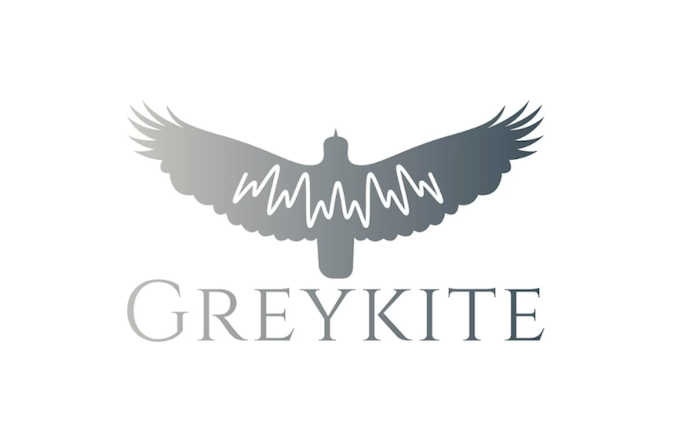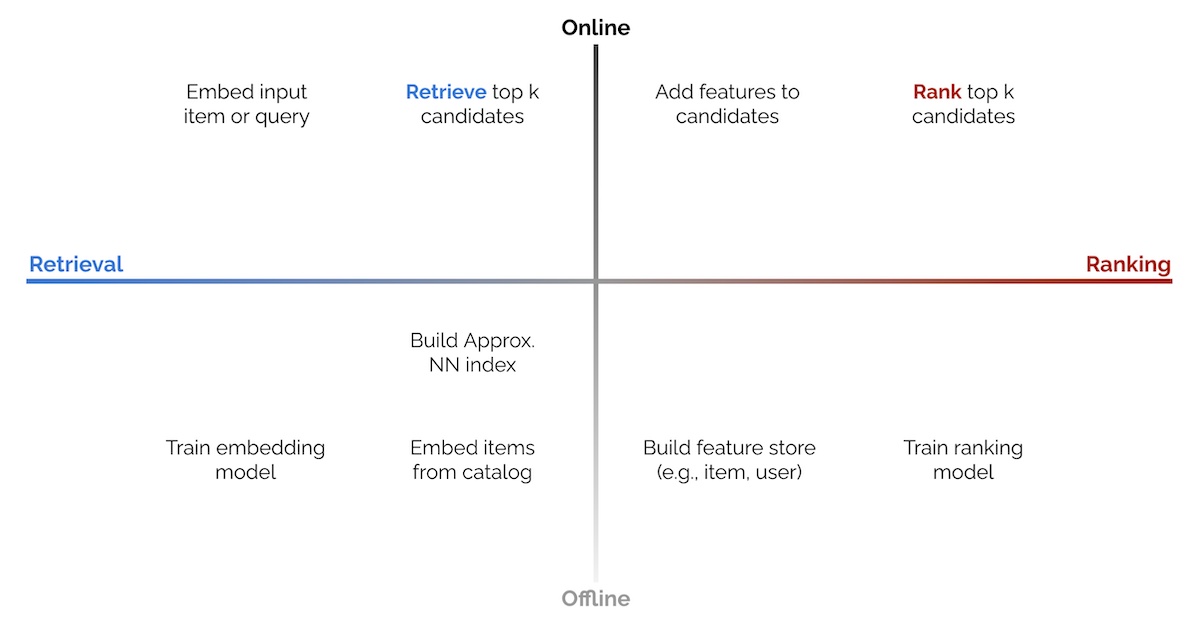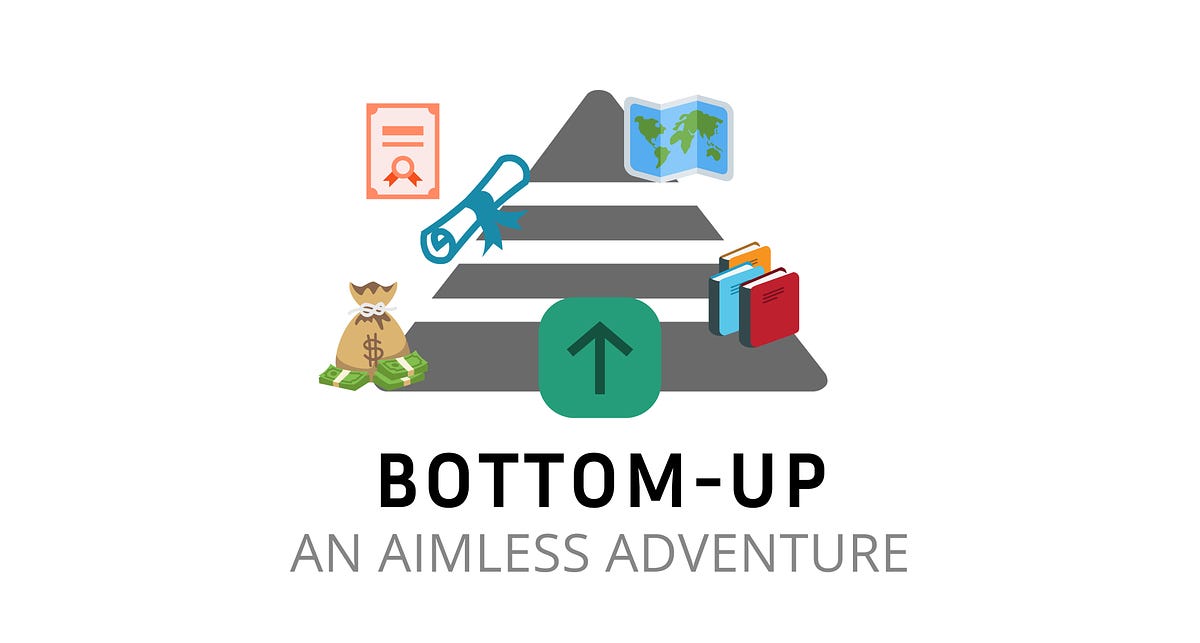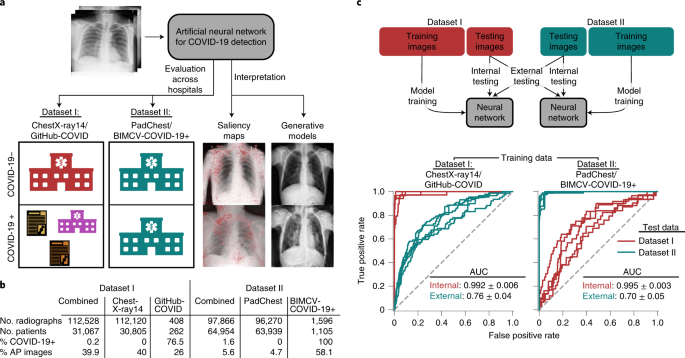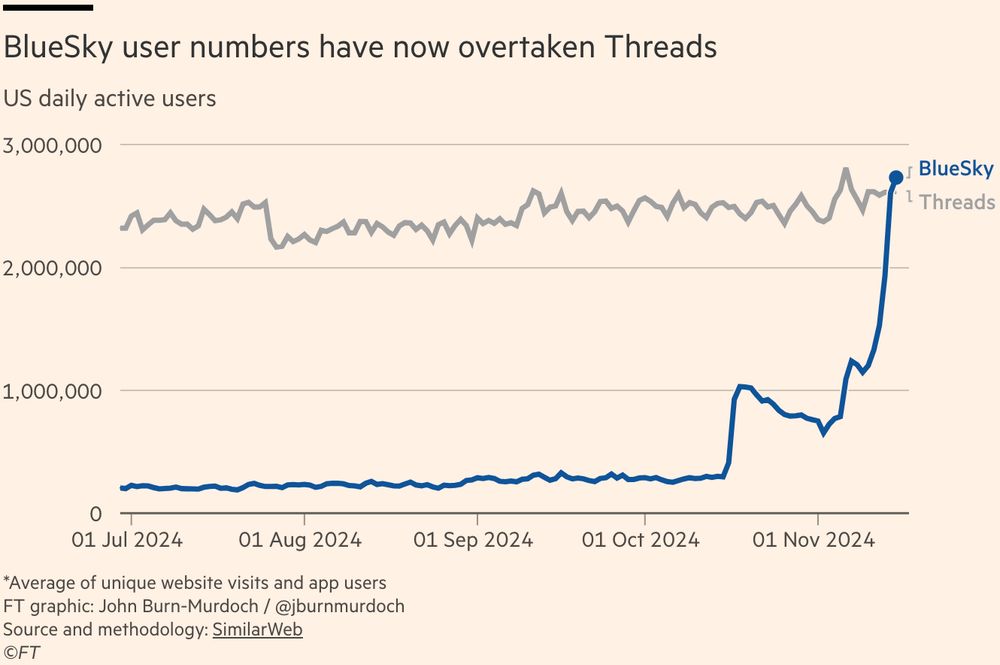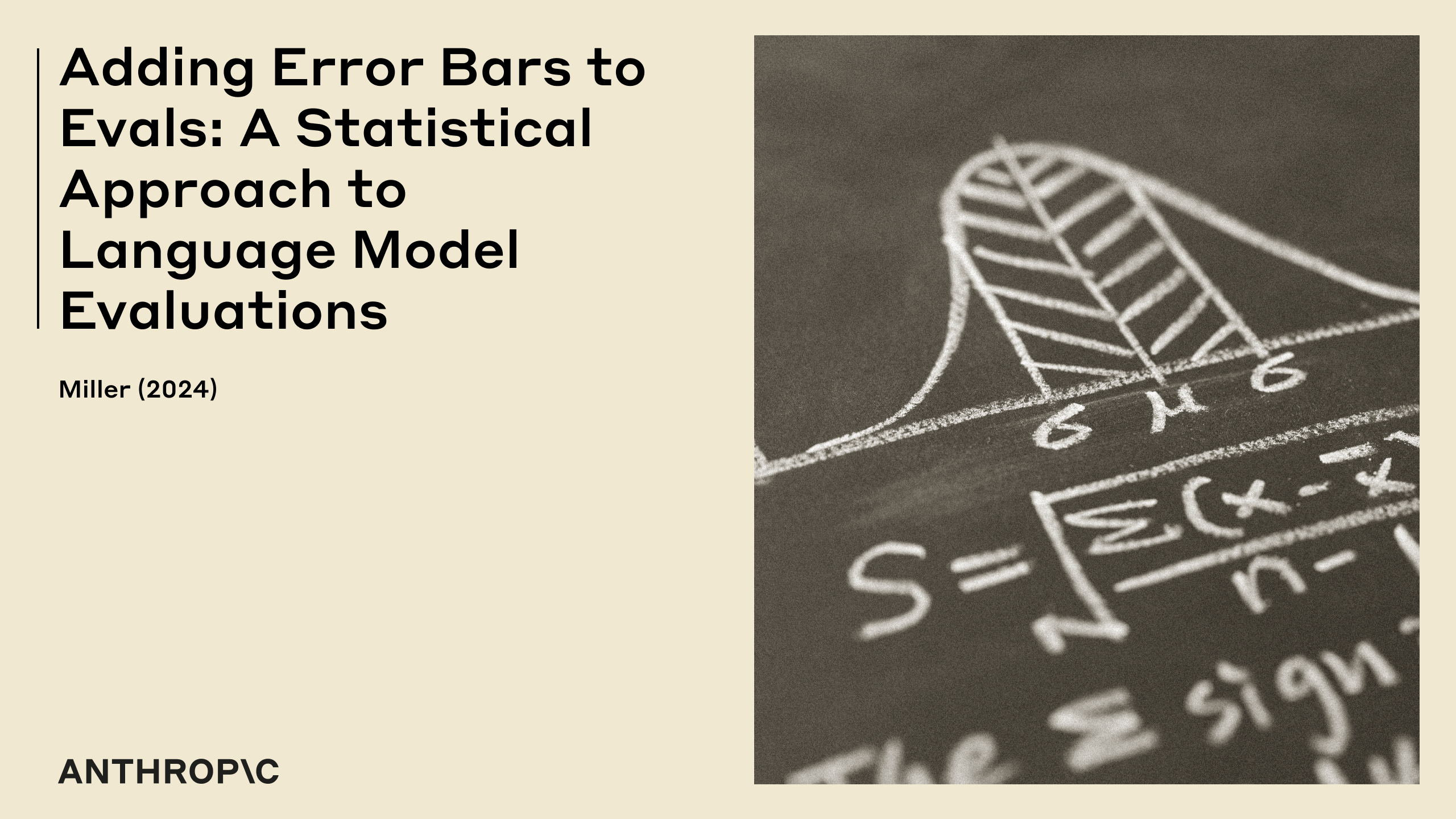
A statistical approach to model evaluations
Suppose an AI model outperforms another model on a benchmark of interest—testing its general knowledge, for example, or its ability to solve computer-coding questions. Is the difference in capabilities real, or could one model simply have gotten lucky in the choice of questions on the benchmark?
With the amount of public interest in AI model evaluations—informally called “evals”—this question remains surprisingly understudied among the AI research community. This month, we published a new research paper that attempts to answer the question rigorously. Drawing on statistical theory and the experiment design literature, the paper makes a number of recommendations to the AI research community for reporting eval results in a scientifically informative way. In this post, we briefly go over the reporting recommendations, and the logic behind them.
To compute an overall eval score, each question is separately scored, and then the overall score is (usually) a simple average of these question scores. Typically, researchers focus their attention on this observed average. But in our paper, we argue that the real object of interest should not be the observed average, but rather the theoretical average across all possible questions. So if we imagine that eval questions were drawn from an unseen “question universe,” we can learn about the average score in that universe—that is, we can measure the underlying skill, independent of the “luck of the draw”—using statistical theory.
